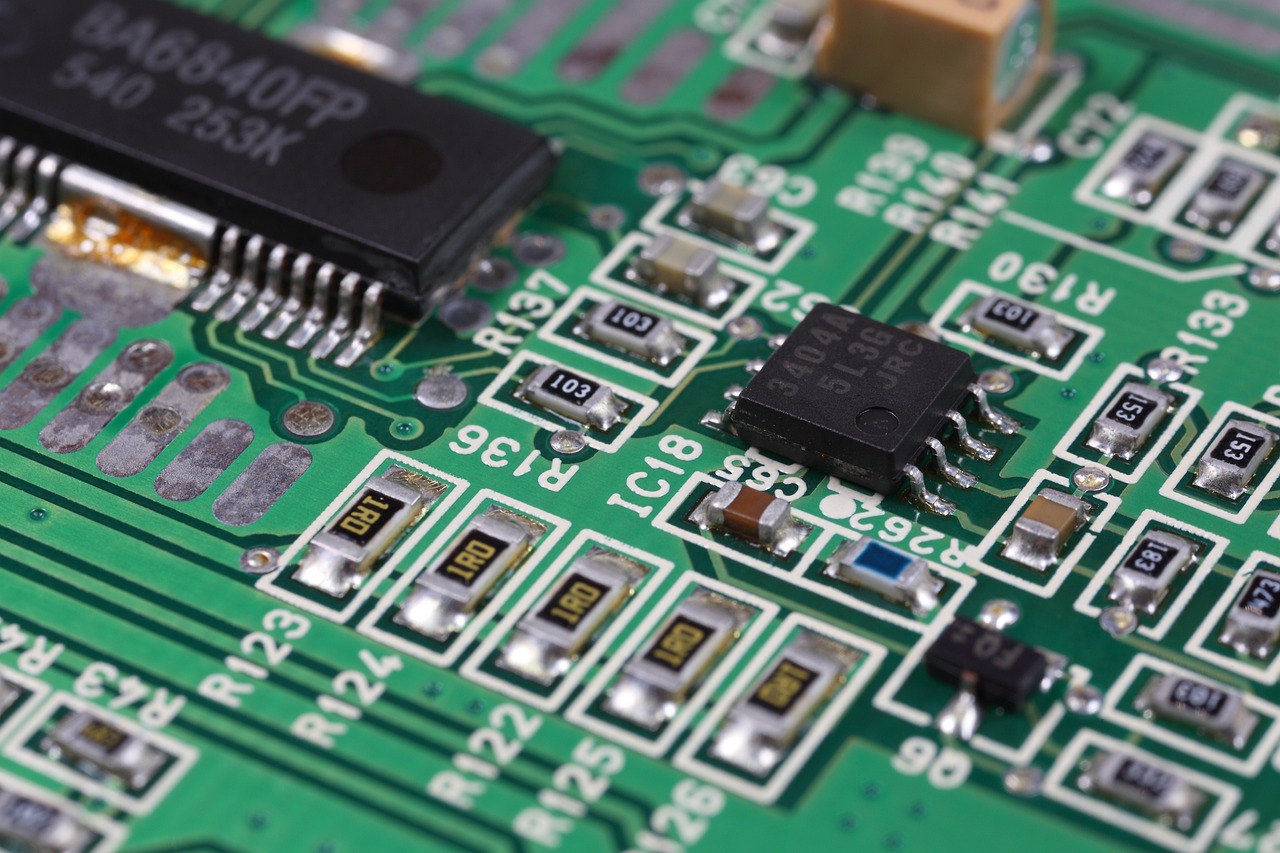The Impact of AI in Personalized Healthcare
Artificial Intelligence (AI) has significantly transformed the healthcare landscape, offering innovative solutions that enhance patient care and outcomes. With its data-processing capabilities and machine learning algorithms, AI is revolutionizing the way medical professionals diagnose and treat various conditions. By analyzing vast amounts of medical data at a rapid pace, AI systems can identify patterns and trends that may not be readily apparent to human eyes, leading to more accurate and timely diagnoses.
Moreover, AI plays a crucial role in predicting disease progression, enabling healthcare providers to develop personalized treatment plans tailored to individual patients. By leveraging predictive analytics, AI can forecast potential health complications and identify risk factors that may impact a patient’s well-being. This proactive approach allows for early interventions and preventive measures to be implemented, ultimately improving patient outcomes and reducing healthcare costs.
Enhancing Diagnosis Accuracy
With the rapid advancements in artificial intelligence (AI) technology, healthcare professionals are now better equipped to enhance the accuracy of diagnosing various medical conditions. AI algorithms have the ability to analyze a vast amount of data in a fraction of the time it would take a human, leading to quicker and more precise diagnosis.
One key aspect of AI in enhancing diagnosis accuracy is its capability to identify patterns and trends in medical imaging scans, such as X-rays and MRIs. Machine learning algorithms can quickly compare scans to a vast database of images to pinpoint even subtle abnormalities that might be overlooked by human eyes. This not only helps in early detection of diseases but also reduces the margin of error in diagnosis, ultimately leading to more effective and timely treatment for patients.
AI technology allows for quicker and more precise diagnosis
Machine learning algorithms can analyze vast amounts of data in a fraction of the time it would take a human
AI can identify patterns and trends in medical imaging scans to pinpoint abnormalities
Early detection of diseases is possible with AI technology
Reduced margin of error in diagnosis leads to more effective treatment for patients
Predicting Disease Progression
Advancements in artificial intelligence (AI) have revolutionized the field of healthcare by enabling predictive analytics in disease progression. By harnessing the power of machine learning algorithms, researchers and healthcare professionals can now forecast how a disease is likely to develop in an individual over time. This predictive capability allows for earlier intervention, personalized treatment plans, and better overall management of chronic conditions.
Through the analysis of vast amounts of patient data, including medical records, genetic information, and lifestyle factors, AI algorithms can identify patterns and trends that may indicate the future progression of a disease. This proactive approach to healthcare not only helps in predicting disease progression more accurately but also empowers patients to take preventive measures to mitigate risks and improve their quality of life. The potential of AI in predicting disease progression is truly transformative, offering new insights and possibilities in personalized medicine and patient care.
How is AI revolutionizing healthcare?
AI is revolutionizing healthcare by enhancing diagnosis accuracy, predicting disease progression, and improving overall patient outcomes.
How is AI enhancing diagnosis accuracy?
AI algorithms can analyze large amounts of medical data quickly and accurately, helping healthcare providers make more precise diagnoses and treatment decisions.
What is the importance of predicting disease progression?
Predicting disease progression can help healthcare providers intervene early, customize treatment plans, and improve patient outcomes by preventing complications or worsening of the disease.
How can AI help in predicting disease progression?
AI algorithms can analyze patient data, genetic information, and other relevant factors to predict how a disease may progress in an individual, allowing for personalized and proactive healthcare interventions.






